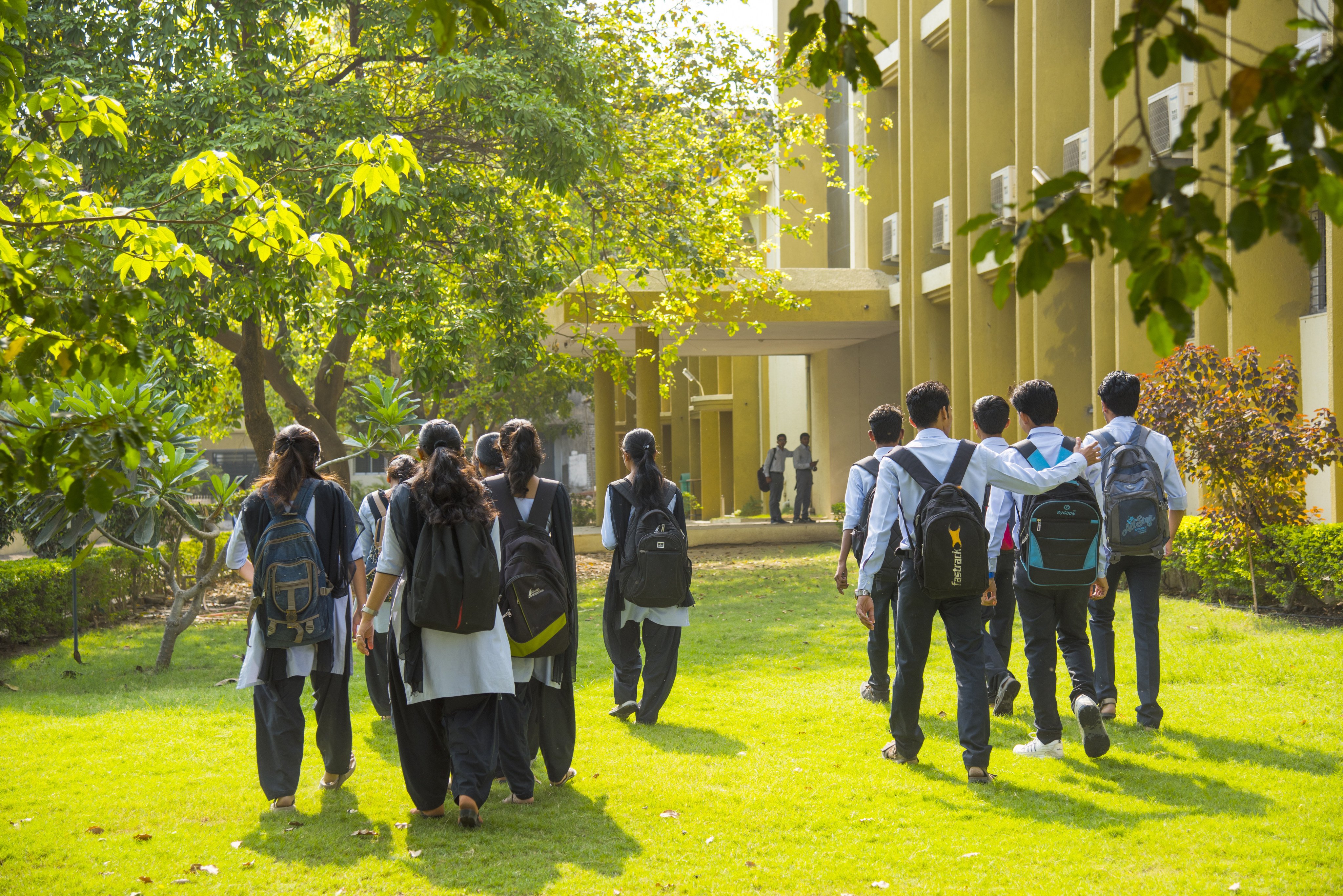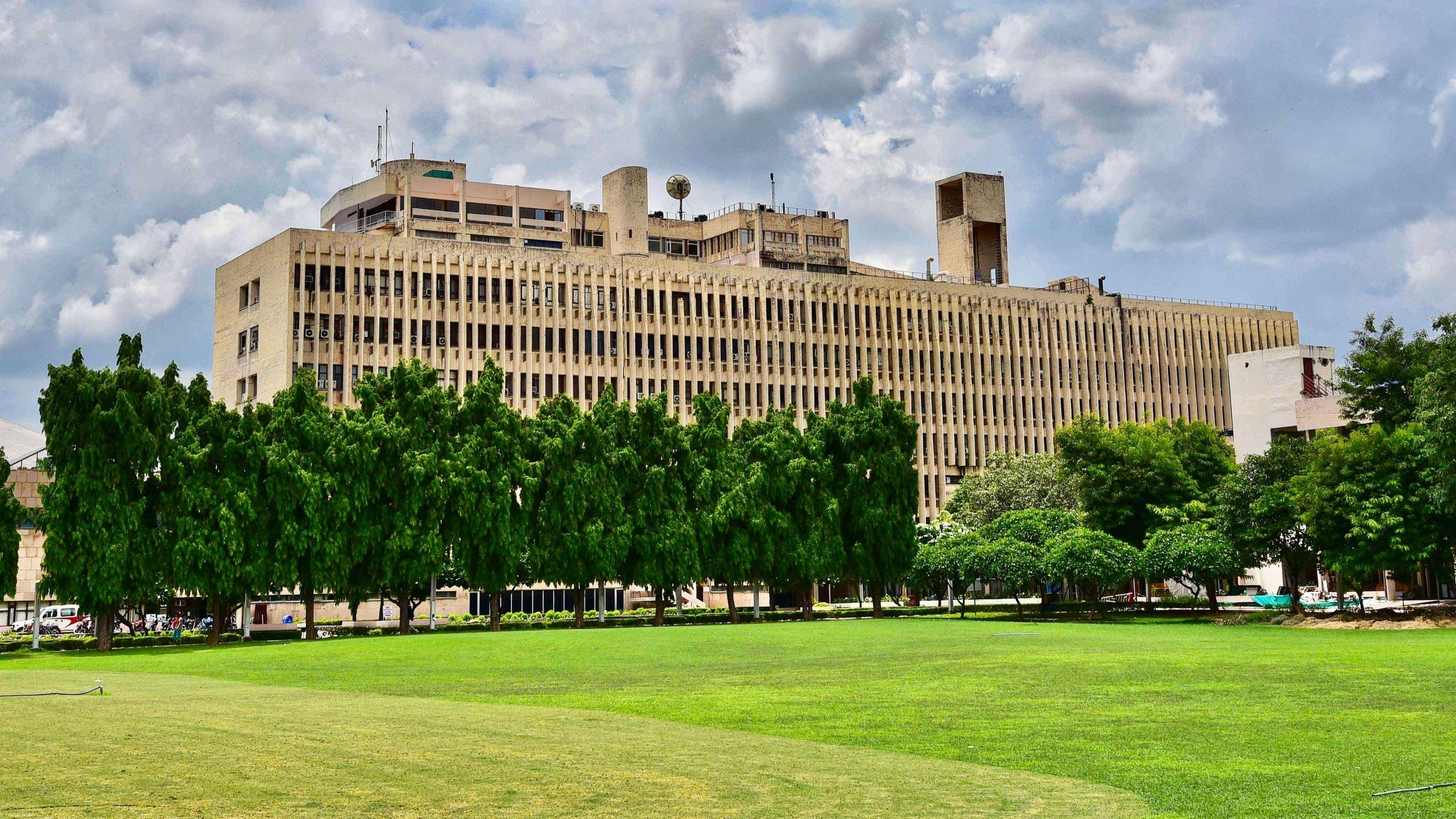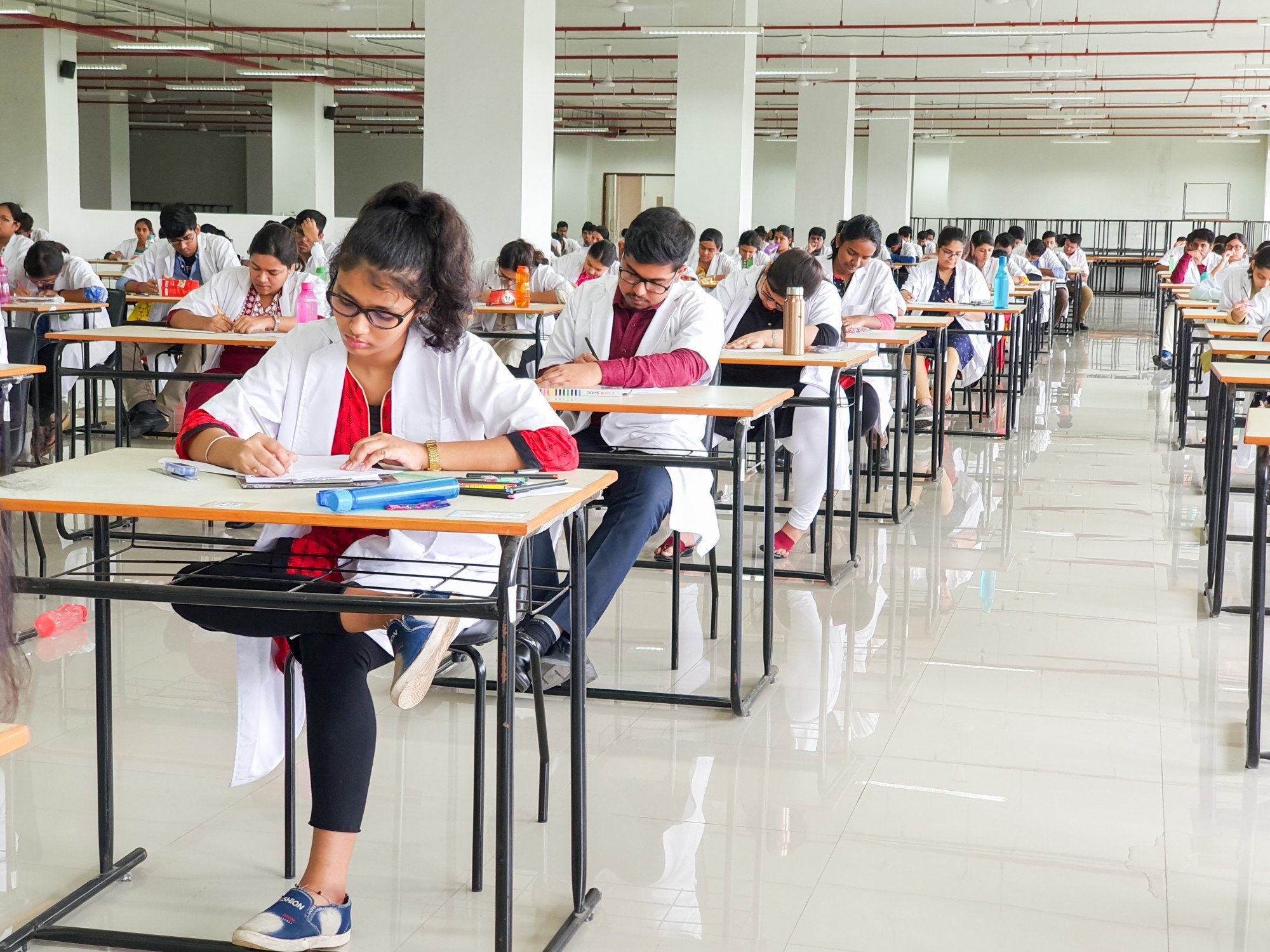Foreign universities enter India, raising hopes for end to ‘brain drain’
India’s move to globalise higher education has attracted UK and Australian campuses, but experts say it may not address talent migration

India’s ambition to establish itself as a premier global education hub is gathering pace, with top institutions from the United Kingdom and Australia launching campuses under a government policy to internationalise the country’s higher education system.
However, analysts caution that the benefits of educational improvements may not be evenly distributed, as most progress will likely be concentrated in major cities. They also indicate that collaborating with foreign universities is unlikely to halt the country’s ongoing brain drain or address the deeper issues within its education system.
On Tuesday, Education Minister Dharmendra Pradhan issued Letters of Intent to four foreign universities – Australia’s Western Sydney University, Victoria University and La Trobe University, as well as the UK’s University of Bristol – to set up campuses.
The announcement came just days after Pradhan inaugurated the India campus of the University of Southampton in Gurgaon, just outside New Delhi – the first operational foreign university in the country. The minister has since said as many as 15 such institutions could open Indian campuses during the current academic year.
The move builds on a policy change announced in 2022 allowing top-ranked international universities to establish stand-alone branches in India, a departure from earlier restrictions that limited foreign participation to partnerships and twinning programmes.
These developments could be a “game changer” for India, which saw over 1.3 million students travel abroad for higher education in 2024 – a number that has increased by 52.2 per cent over the past five years, according to a report in The Hindustan Times newspaper.

According to Abhijit Bhaduri, a US-based global talent strategist and former Microsoft executive, the entry of foreign universities will create “ecosystem agility” and address the skills gap in crucial areas like artificial intelligence, which is currently lacking in most Indian institutions.
“The real transformation isn’t academic quality, it’s producing domain-strong, emotionally intelligent professionals who bridge silos,” Bhaduri said.
Indian faculty too will evolve from being subject experts to collaborative mentors, he added.
The changing education landscape in the country is expected to slash the costs for Indian students. Growing visa uncertainties and fewer work opportunities in Western countries have added to the anxiety.
Bhaduri said more Indian students were expected to study in their home country, not just for costs, but also because “staying local no longer feels like a compromise”.
Unhandled type: inline-plus-widget {“type”:”inline-plus-widget”}
“We’ll see hybrid pathways emerge: alternating semesters, split degrees, creating global professionals with local grounding. India is likely to become the use case for artificial intelligence given its population and tech-friendly nature,” he said.
Some Indian institutions are already striking cross-border deals. According to Indian media reports, Delhi Technological University has entered a five-year agreement with the University of Houston to collaborate on joint research, student exchanges and potential dual-degree offerings.
Academic talent – both students and teachers alike – has often migrated abroad, resulting in a brain drain that has affected sectors such as engineering, healthcare and education. That could potentially change if New Delhi is able to reinforce the change in education, analysts said.
Strategist Bhaduri noted that this could lead to a “reverse brain flow”, with international students, teachers, and professionals choosing India over Western destinations. “India becomes a talent destination, not just a talent exporter, fundamentally altering global education geography,” he said.

Pivoting higher education
Some new Indian institutes like Ashoka University have been quietly setting new benchmarks by using a multidisciplinary approach that combines natural sciences, social sciences, and humanities, focusing on foundational knowledge and research.
However, several private educational institutions serve as little more than training shops, spending a considerable amount on advertising to attract students, according to Supriyo Chaudhuri, CEO of the UK-based firm e1133, which collaborates with universities worldwide, including in India.
With India ushering in internationally reputed universities, there will be “greater process orientation and people focus on education, particularly in the private sector”, Chaudhuri said, adding that it would ensure more discipline and bring in the “right people”.
Foreign universities are primarily focusing on larger Indian cities like Ahmedabad, Bengaluru, Delhi National Capital Region, and Mumbai, which may limit their impact, “but it would at least raise the game in those areas”, he added.
“I would love to believe that this would have had a ‘trickle down’ effect on other geographies,” he said. “But as we have seen it in the past, such things don’t happen: What is more likely to happen is that the more ambitious students would leave their hometowns.”
The establishment of foreign university campuses might not necessarily stop people from going abroad for studies, Chaudhuri said.
“Many Indian students choose to study abroad as a first step in economic migration,” he said, noting that immigration officials in countries like Australia consider not only the educational credentials but also the time spent studying in that particular country.
Students might as a result opt to pursue part of their degree programme at the Indian campuses of these universities, he said.
There was also a lack of clarity about what kind of educational programme the universities would offer and whether that would involve research programmes, Chaudhuri said.
The conversation around the foreign university campuses should focus on how they would contribute to the Indian economy and society, he added.